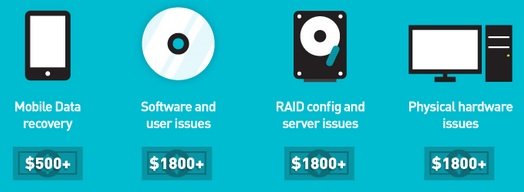


Let’s say your backup runs every Friday night. The more frequently you back up, the more files and versions are caught in the net. It determines which files, and which versions, get copied to your backup. RPO is about how often you back up, and how many backups you keep. When it comes to setting up your schedule, you need to consider two factors: Logs – Create logs of scheduled restore test results.Documentation – Document all data backup/restore procedures and retention policy for recovery.A Schedule – Detail how often backups are to be performed.When developing a good backup policy, we recommend you setup: No more worrying about limited space, portability or your device breaking. (Just make sure they have an Internet connection) No more external hard drives 🙌 With centralised data that’s accessible at all times, teams can now work collaboratively, no matter where they are. With cloud storage, your staff can work from anywhere, at any time.Īn ideal way to offer flexible working. Since the pandemic, it seems every man and his dog wants to work from home. If you’re not backing up your data yet, you should be 😉 Remote working We’ve touched on this already, but backing up your data is ideal for: So, what other benefits does cloud storage bring? Backing up your data The hardware scales with your data requirements.Ĭloud storage delivers a scalable, cost-effective solution to storing files in the traditional way via on-premise hard drives or storage networks.Ĭomputer hard drives can only store a finite amount of data.īut with cloud storage, we can scale capacity as data volumes increase or decrease. You can store what you need, when you want.In fact, it’s one if their main advantages. Ideal for contingency planning and disaster recovery. They should also provide encryption for your data during transfer.Įven if your data is intercepted, it should remain secure. With access to your online backups, you are mitigating against onsite data breaches. Protect your business from certain types of cyber threats like ransomware. Now you can invest in other areas of your business 😀 Security Switching to a cloud solution can help your business save on these costs. Running your own onsite equipment can be extremely expensive and difficult to maintain. Online backups can offer considerable cost savings for SMEs. Let’s focus on some of the benefits of online backups for business: Cost savings Magnetic Disks - Floppy and Hard Disk Drives (HDD).Magnetic Tapes - Reel-to-reel and cassettes.You may remember some of those (or not, if you’re under 30 😉): Online backups are a highly efficient alternative to traditional backup strategies.


 0 kommentar(er)
0 kommentar(er)
